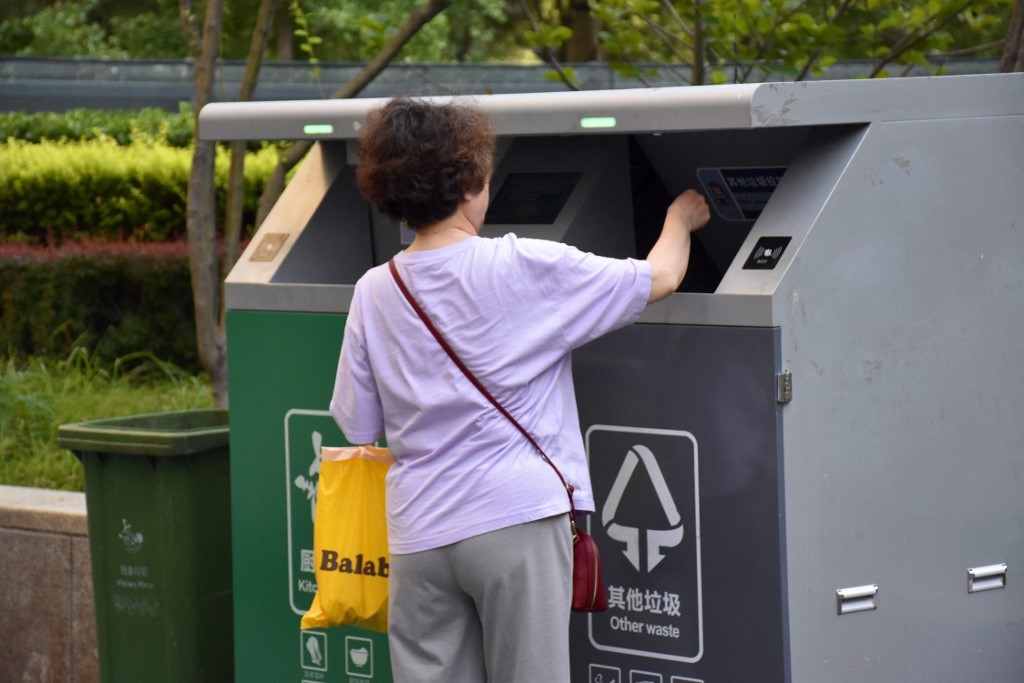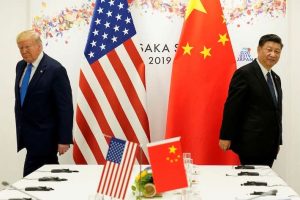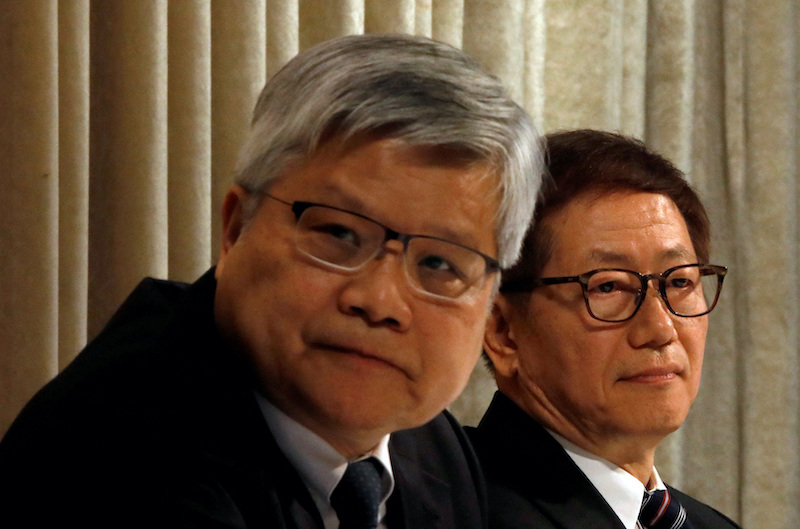China tightens bancassurance regulations
The China Banking and Insurance Regulatory Commission has issued new regulations covering banks sales of insurance products.
The “Administrative Measures for Related Transactions of Banking and Insurance Institutions” is designed to “further strengthen the supervision of related transactions, regulate the related transaction behaviour of bancassurance institutions and prevent the risk of improper benefit transmission”.
The proposal also covers trusts, consumer finance, auto finance and financial leasing firms.
It stresses the importance of transparency by enforcing the disclosure of related relationships and split transactions. It also seeks to prevent nested transactions that are designed to lengthen the financing chain; the circumvention of regulations, the illegal raising of funds for shareholders and their related parties and the transfer of assets.
Among its provisions, the draft proposes barring for two years any lender from re-entering deals with a borrower with whom it has made a loss.
In Article 32, the draft clearly stipulates that the trust company’s inherent business “must not provide guarantees for related parties”; in addition, trusts“must not use trust funds directly or indirectly for the trust company’s shareholders and their related parties”.
Over the past week, Chinese regulators have detailed plans to limit what mainland banks and wealth managers can do with so-called “cash-management products”.
The almost $1 trillion sector involves investing in assets that must be traded for lower-yielding, higher-quality assets by the end of 2022. It’s a pivotal sector. While only about $400 billion of these products are currently in circulation, their placement in assets rated lower than AA+ – often supporting riskier borrowers like property developers – is a vital lubricant keeping mainland credit markets liquid and agile.
China’s recycling industry set for “explosive growth”
China’s metal recycling industry is on the eve of explosive growth.
That’s the prediction of Rafael Su Han, president of Shun Erz Group, which has more than 240 stockyards in 15 countries around the world.
The company entered China last year and has already invested heavily in it. In the future, China will become the world’s largest metal recycling base, Su Han was reported as telling state-run CNA.
The metal produced and used in China accounts for about half of the world’s total, he added. However, compared with European and American economies, China’s metal recycling rate is still relatively low.
“In Europe, when new aluminium products are produced, the utilisation rate of recycled aluminium has reached 70%; the utilisation rate of scrap steel is 40 to 50%.
“In the United States, when new steel products are produced, the utilisation rate of scrap steel reaches 70%.”
Su Han pointed out that in China, the scrap ratio is only 22%, and the use rate of scrap aluminium only accounts for 17% of the aluminium industry.
The gap means there’s room for growth and China has introduced a series of policies to support metal recycling. A number of industry documents issued by Chinese officials suggest that by 2025, the scrap ratio of steelmaking will reach 30%.
Shenzhen house prices retreat
The National Bureau of Statistics released the sales price index of new commercial residential buildings in 70 large and medium-sized cities in May. Among them, prices in Beijing, Shanghai and Guangzhou rose 1.1%, 0.7% and 0.9% month-on-month, respectively. The growth rate fell 0.1, 0.2, and 0.3 percentage points, respectively, from the previous month
Shenzhen however declined 0.1%, snapping a 23-month climb that averaged 1% per month. Reports attributed the decline to continuous rounds of regulation and controls.
Farmers trained to use mobiles
The 2021 National Farmer Mobile Application Skills Training Week was launched in Beijing. It’s the latest in a series of events launched in 2016 that has helped illiterate farmers learn how to use smartphones to help tend their land and herds.
Ma Youxiang, Deputy Minister of the Ministry of Agriculture and Rural Affairs, said more than 100 million farmers have been trained since the scene’s launch.
Peanut prices plummet
Peanuts are a must-have food on many consumers’ tables, and they are also the main raw material for groundnut oil. Half of domestic peanuts are used for the production of edible oil.
But the spot and futures prices of peanuts has declined dramatically. A report for the “Hometown of Peanuts” – Linyi City in Shandong Province – found that futures fell more than 2,000 yuan per ton in three months. Pork prices are also down, by 50%.
Liu Xueqiang, chairman of a Shandong Peanut Food said it had been also hit by rising ocean freight prices, which have eaten into exports. In addition, China’s large domestic oil processing plants have stopped harvesting peanuts, hitting growers’ income and putting pressure on inventories.
























